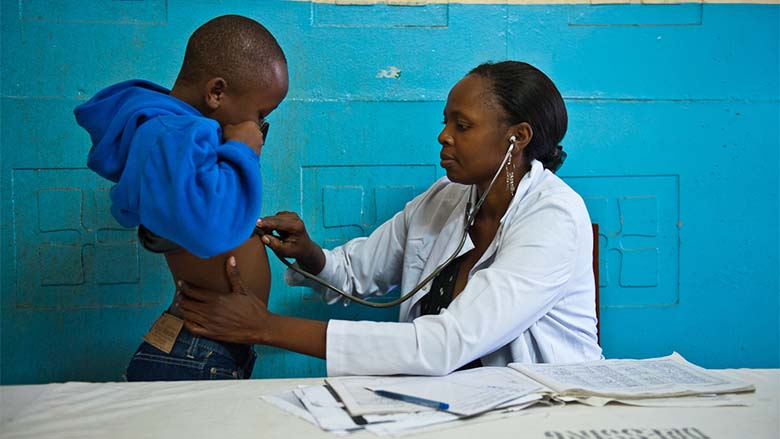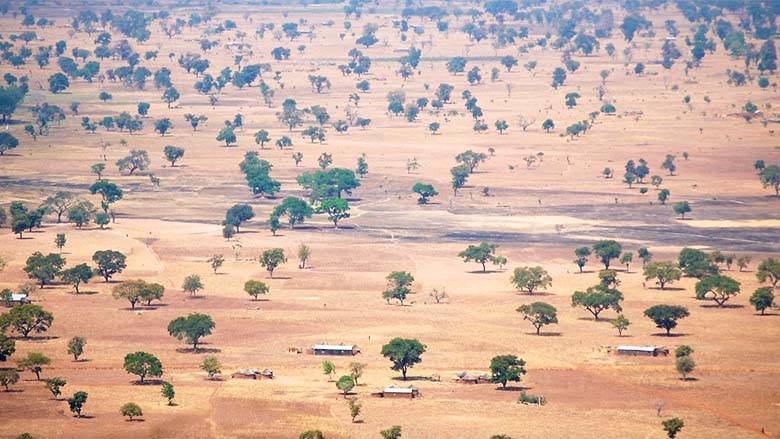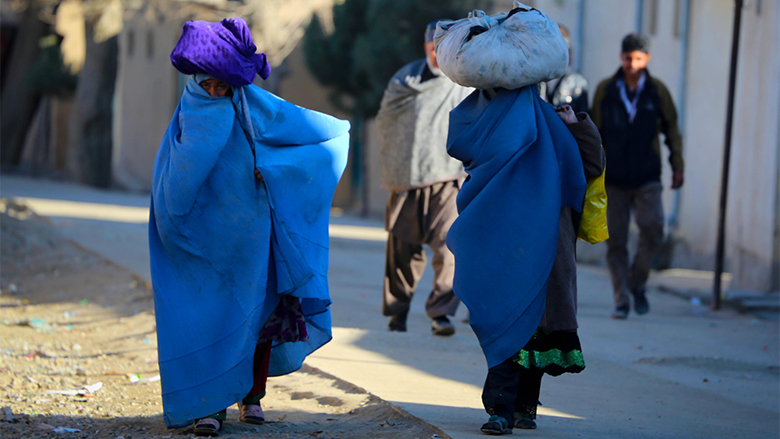The Impact Evaluation Working Paper Series represents all World Bank Policy Research Papers that make use of a rigorous causal identification strategy. The methodologies include experimental methods, such as randomized controlled trials (RCT), non- or quasi-experimental methods such as regression discontinuity designs, difference-in-differences, propensity score matching, as well as qualifying utilization of instrumental variables. It also includes review papers.






